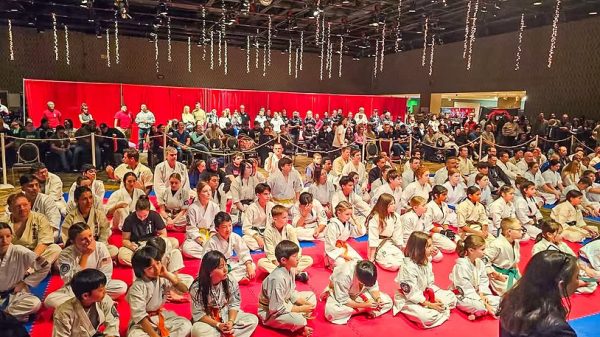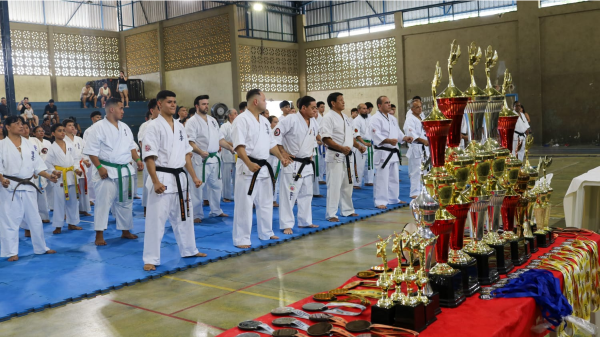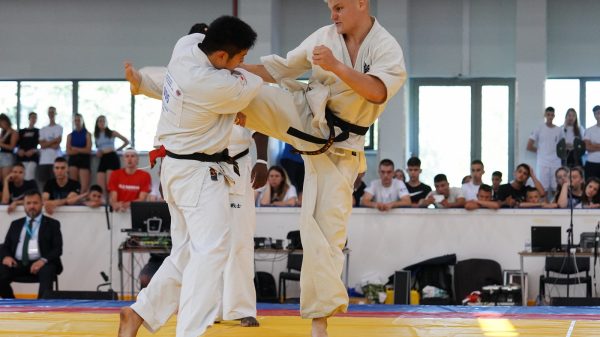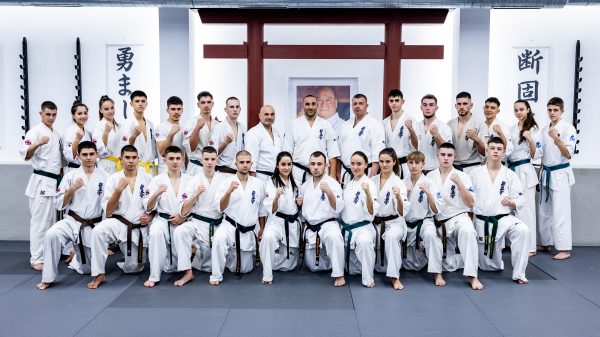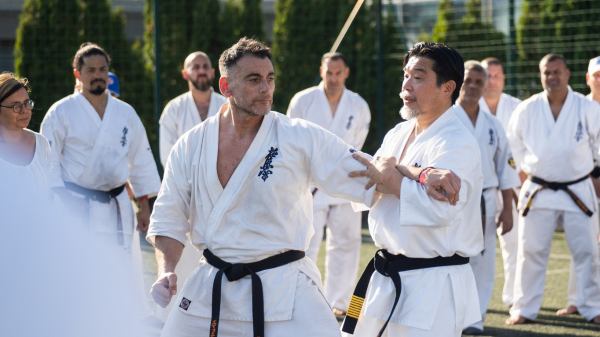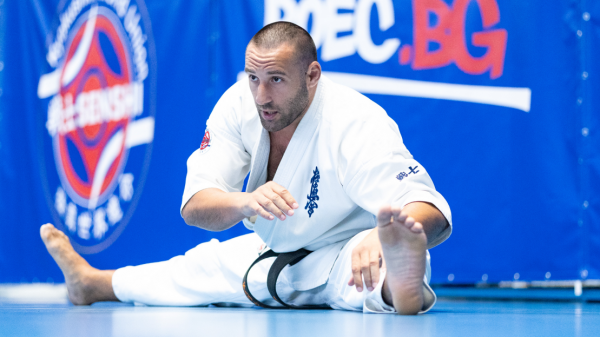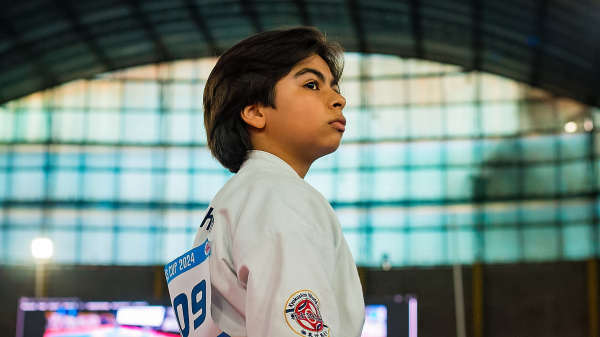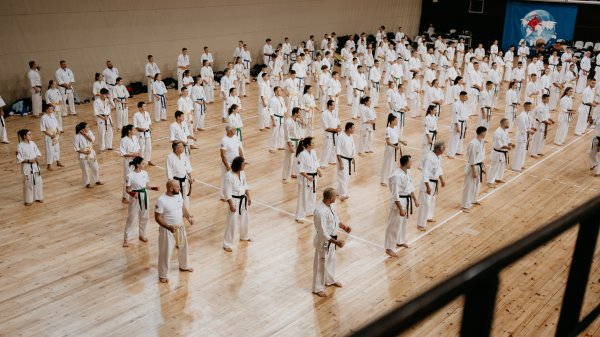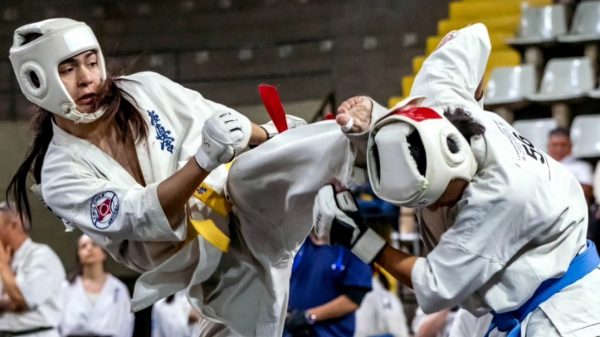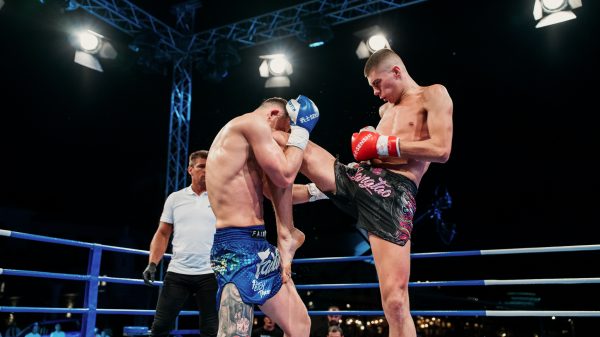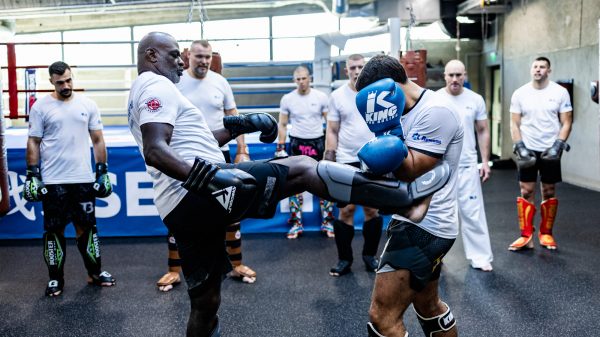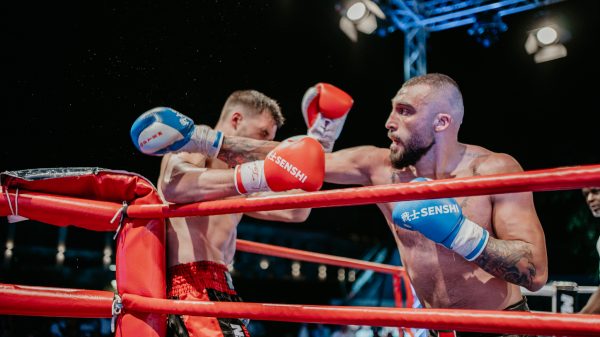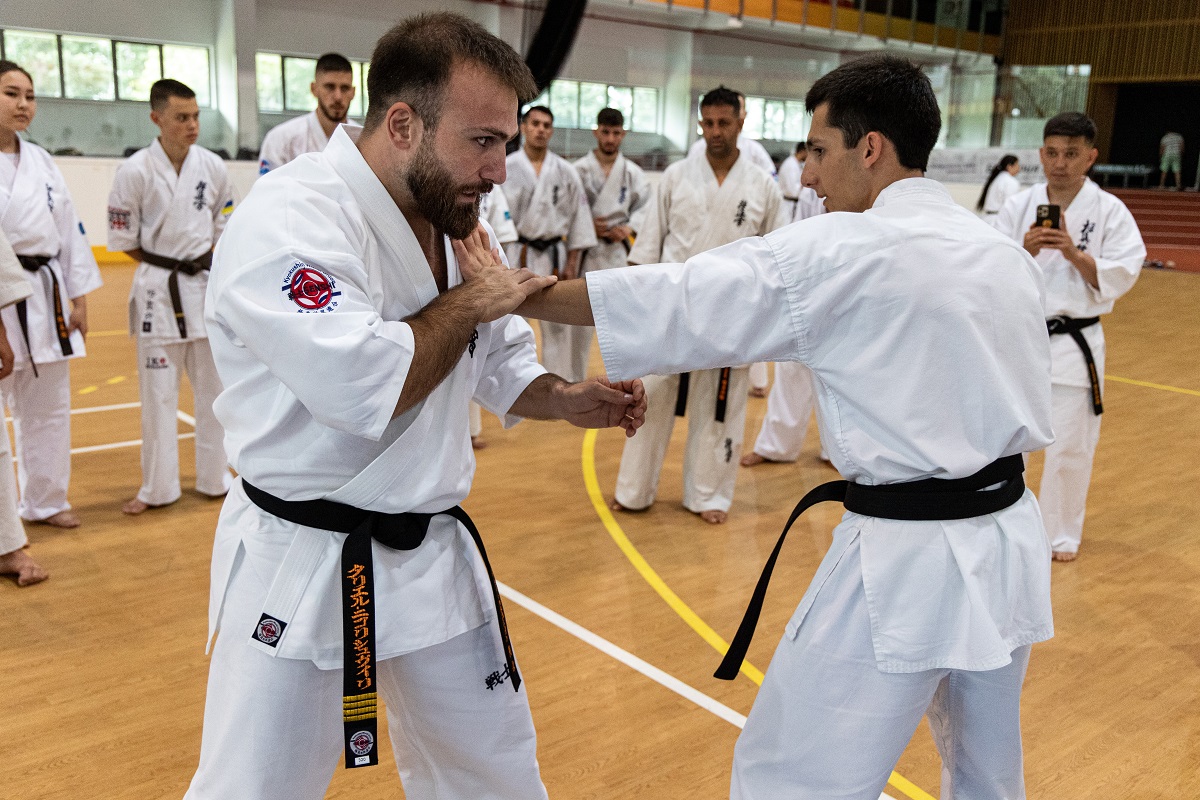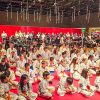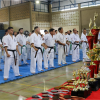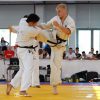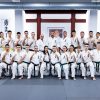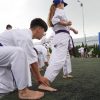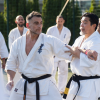Martial arts can play a significant role in self-defense by providing individuals with techniques and skills to protect themselves in various situations. Here are some ways in which martial arts contribute to self-defense:
- Physical Fitness: Martial arts training typically involves physical conditioning, improving strength, flexibility, and overall fitness. A physically fit individual is better equipped to respond effectively in self-defense situations.
- Techniques for Defense and Escape: Martial arts teach specific techniques for blocking, parrying, and evading attacks. This can be crucial in preventing or minimizing harm in a self-defense scenario.
- Confidence and Mental Toughness: Martial arts training often emphasizes mental resilience and self-confidence. Confidence can deter potential attackers, and mental toughness helps individuals stay calm and focused under pressure.
- Awareness and Avoidance: Many martial arts disciplines emphasize situational awareness and the importance of avoiding potentially dangerous situations. Knowing how to assess and navigate your environment can be critical to self-defense.
- Control and Restraint: Martial arts training often includes techniques for controlling and restraining an opponent without causing excessive harm. This can be useful when one needs to defend oneself without escalating violence.
- Understanding Body Mechanics: Martial arts training teaches practitioners to understand the mechanics of the human body. This knowledge is valuable in exploiting an opponent’s weaknesses and maximizing the effectiveness of self-defense techniques.
- Developing Reflexes and Reaction Time: Martial arts practice hones reflexes and improves reaction time. This can be crucial in responding quickly to an unexpected threat.
- Discipline and Focus: Martial arts training instills discipline and focus, essential in any self-defense situation. These qualities can help individuals maintain composure and make better decisions under stress.
- Physical and Mental Conditioning: The repetitive nature of martial arts training helps the body and mind respond effectively to different situations. This conditioning is beneficial for developing muscle memory and automatic responses.
It’s important to note that while martial arts can be a valuable component of self-defense, no system is foolproof. Awareness, avoidance, and a combination of various self-defense strategies, including de-escalation and escape, should be part of an overall self-defense approach. Additionally, legal and ethical considerations should always be considered when using self-defense techniques.


